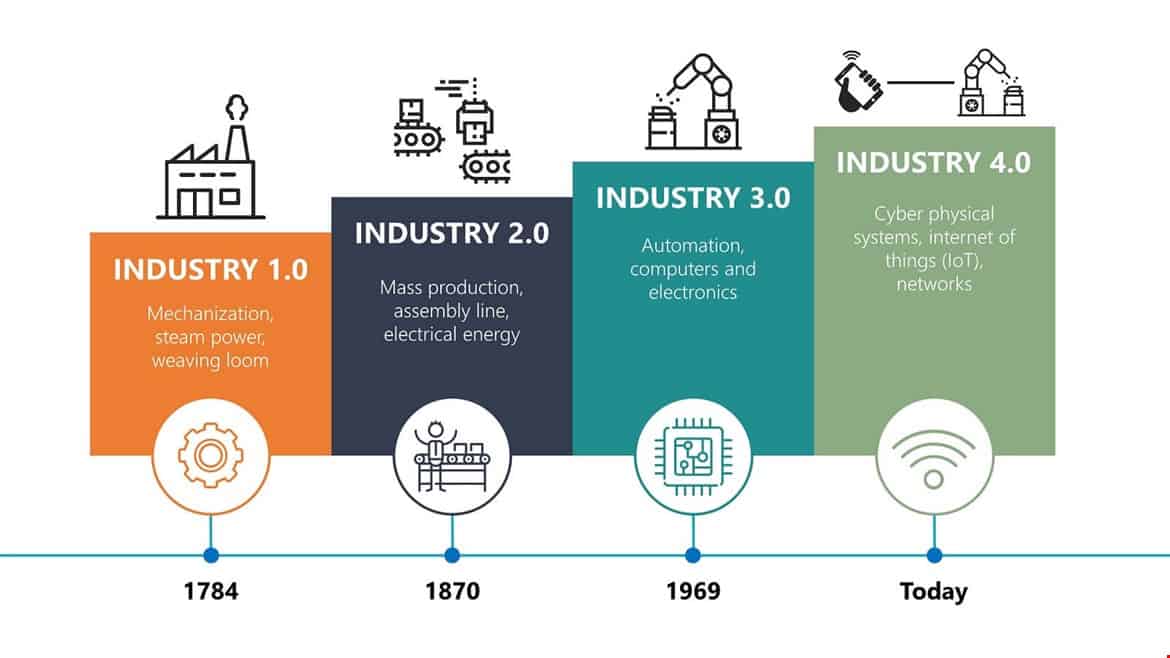Japan is a key player in the global foreign exchange or Forex markets. It has a significant influence on other countries’ stock markets and currency pairs, especially the US stock markets. The key reason why Japan is so important is that Tokyo is a major financial hub for Asia and also an Asian trading session for Forex markets. Japan’s dominance in the Forex market can be attributed to a combination of factors, including advanced technology and cultural factors, among others. Let’s discuss the reasons behind Japan’s strong presence in the Forex market and focus on several key characteristics contributing to this dominance.
Technological innovations: advanced trading platforms
Japan has always been a country that worked hard to improve the quality of its products. While not entirely friendly to innovations, Japan is a master of adapting robust innovations and making them super high quality and long-lasting. The country’s technological prowess is a driving force behind its strong presence in the FX market. The country is a financial hub, and Tokyo trading sessions on FX markets attract thousands of retail and institutional investors and traders locally and globally. During the Asian session, traders from Asian countries mostly trade FX pairs in the Tokyo session, which makes Japan an epicenter of Asian Forex trading. Advanced trading platforms like MT5 are super popular with local traders. MetaTrader 5 (MT5) is an advanced trading platform allowing investors and traders to access FX markets not only in Asia but also for the rest of trading sessions. Japan is also home to some of the most advanced trading platforms and technologies in the world, including MT5 and other platforms as well.
High-speed trading infrastructure
Japan’s investment in high-speed internet and trading infrastructure allows traders to execute trading positions faster, helping them to gain a competitive edge when trading in FX markets. Japan is a highly developed economy and its infrastructure is robust, allowing for complex financial organization and transactions, contributing to Tokyo being a financial hub for both FX and stocks.
Cutting-edge algorithms
Japanese financial institutions and trading firms, similarly to the EU and US, develop and employ sophisticated algorithms that analyze market data, and real-time. This enables traders to make faster and more accurate decisions and contributes also to a rising number of HFT firms (High-frequency trading). It got so popular that the country started to introduce more strict regulations to protect FX market stability.
AI and machine learning
Japan is also at the forefront of adopting AI and machine learning algorithms to enhance trading accuracy. This is natural for a highly developed country with a multitude of hedge funds operating within Tokyo. This is expected as the whole financial world, especially Forex trading, embraced these advanced models and algorithms, incorporating them into their platforms and trading activities.
Cultural factors: discipline, precision, and attention to detail
Japanese cultural factors are the biggest reason Japan plays a critical role in the FX markets and global trade. Japanese people are known for their hard work, discipline, precision, and attention to detail. In fact, they are so workaholic that there is a dedicated term called Karoshi or “overwork death”. Together with working very hard, there are also several other cultural and mindset factors contributing to Japan’s dominance in the FX scene:
Risk management culture
Japanese FX traders mainly employ conservative risk management methodologies. The emphasis is on careful planning, patience, and long-term strategy, which suits the disciplined nature of FX trading very well.
Attention to detail
The Japanese cultural trait of paying close attention to details helps traders analyze complex market trends, make informed decisions, and execute trading positions with high precision. This is also true on a corporate level, making Japanese companies, especially in financial markets, very well-suited for the financial field.
Group-oriented decision-making
In Japan, decision-making frequently involves consensus-building, leading to more thoughtful and well-rounded trade strategies and business decisions. This approach helps minimize impulsive decisions and contributes heavily to stable financial trading environments. As a result, Japanese financial markets are very well-developed and Tokyo quickly became the FX hub of Asia.
Other factors
Other key factors that made Japan dominant in the FX market include its financial institutions, banks, and brokerage firms. These institutions built robust trading relationships, and platforms, conducted extensive research, and created a market with competitive spreads and pricing, attracting local and inexperienced traders. Japanese banks are some of the largest liquidity providers in the FX world, which strengthens the market depth and stability. Japanese financial institutions have a powerful global presence, influencing currency markets beyond Japan’s borders and Tokyo trading sessions.







